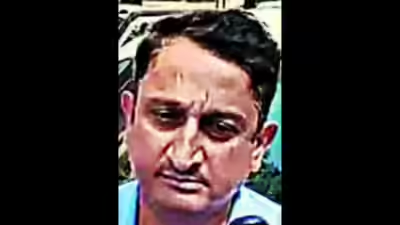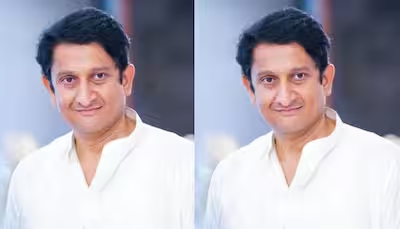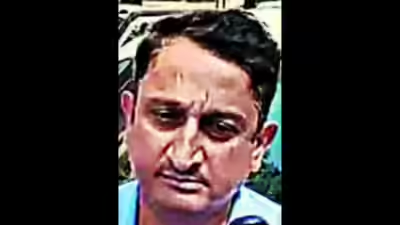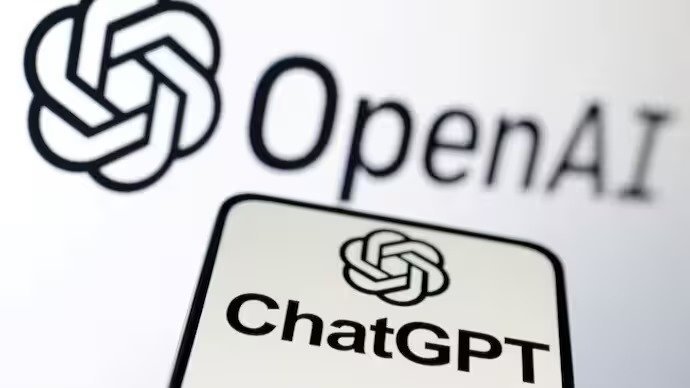
Understanding Jurisdiction in Copyright Infringement Case Against OpenAI.The ongoing copyright infringement case against OpenAI has raised significant questions about jurisdiction. The Delhi High Court appointed an amicus curiae to assist in evaluating whether the court has the appropriate jurisdiction in this matter. The amicus clarified that the court indeed has the authority to hear the case, primarily because ChatGPT, developed by OpenAI, is accessible to users in India, with some users even paying for the service.
During the court proceedings, Dr. Arul George Scaria, the amicus, emphasized that the case can be instituted where business activities occur. He pointed out that since the plaintiff, ANI, operates in India, the Delhi High Court has jurisdiction under Section 62 of the relevant law. This conclusion is critical, as it establishes a legal basis for the court’s involvement in the case.
The Implications of Jurisdiction in Copyright Law
Dr. Scaria also discussed the nature of ChatGPT as an “interactive service,” which further supports the jurisdictional claim under the Code of Civil Procedure (CPC). Although OpenAI’s servers are located overseas, the accessibility of its services from Delhi creates a compelling argument for local jurisdiction.
Last year, ANI initiated a copyright infringement lawsuit against OpenAI, claiming that the company trained ChatGPT using content owned by the news agency. OpenAI argued that the court lacked territorial jurisdiction to hear this case. However, the amicus’s statements suggest otherwise, indicating that the case may have merit within India’s legal framework.
Dr. Scaria elaborated on the two primary ways copyrighted material can be utilized. He noted that non-expressive use—where content is employed without adding any creativity—falls outside the boundaries of copyright law. For instance, quoting a book involves expressive use, while simply analyzing data does not. He cautioned against broadening copyright law’s scope unnecessarily.
OpenAI’s legal representation contended that their uses of ANI’s content were predominantly non-expressive. They argued that their large language models function differently from traditional memorization techniques. Nevertheless, the amicus pointed out that some instances demonstrated significant similarity, suggesting that there could be expressive uses involved.
Conclusion
The jurisdiction in the copyright infringement case against OpenAI is a complex issue that intertwines legal principles with technological advancements. As the case unfolds, it will be essential to monitor how jurisdictional arguments evolve. For more insights into legal matters related to technology, visit The Hans Bharat. Additionally, to learn more about the AI technology behind the controversy, check out the page on ChatGPT.




